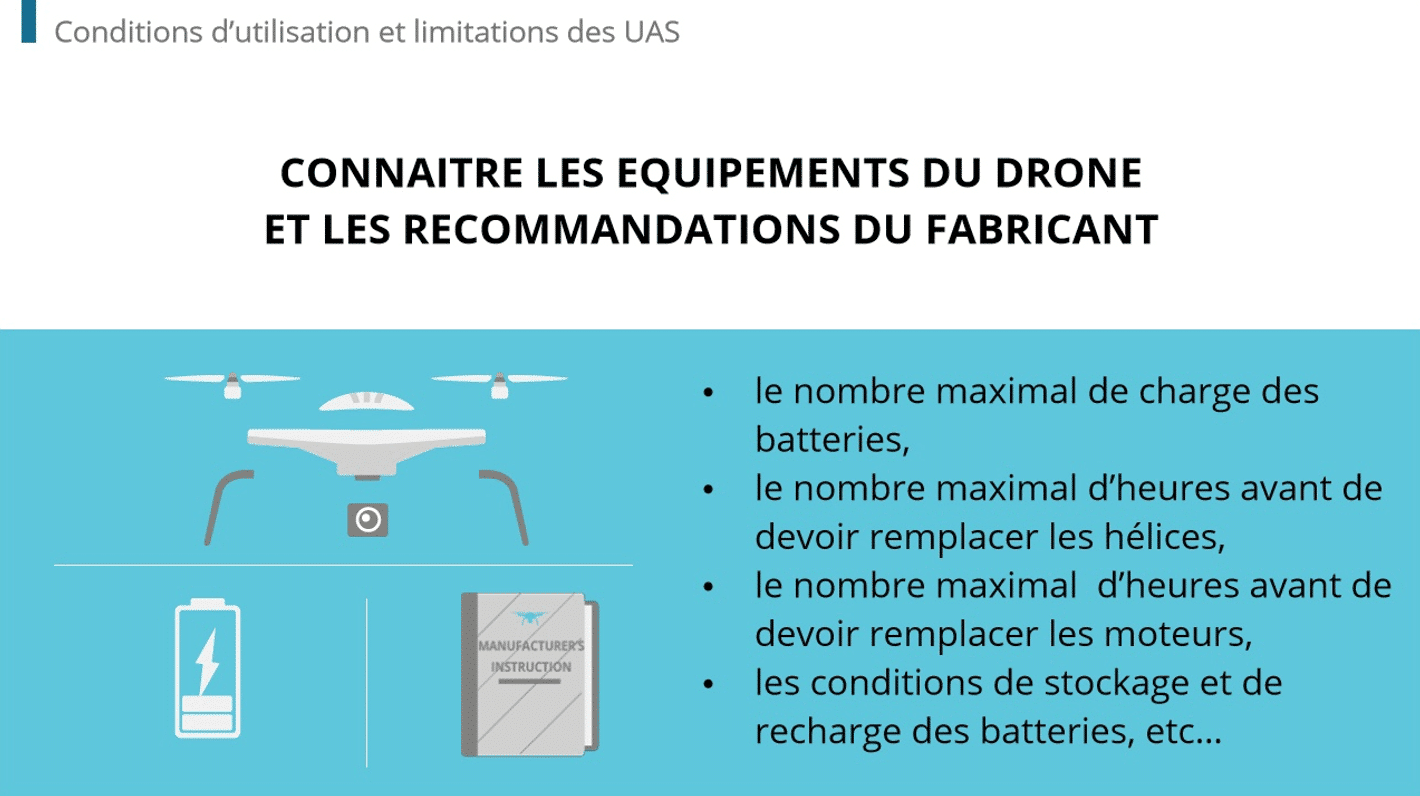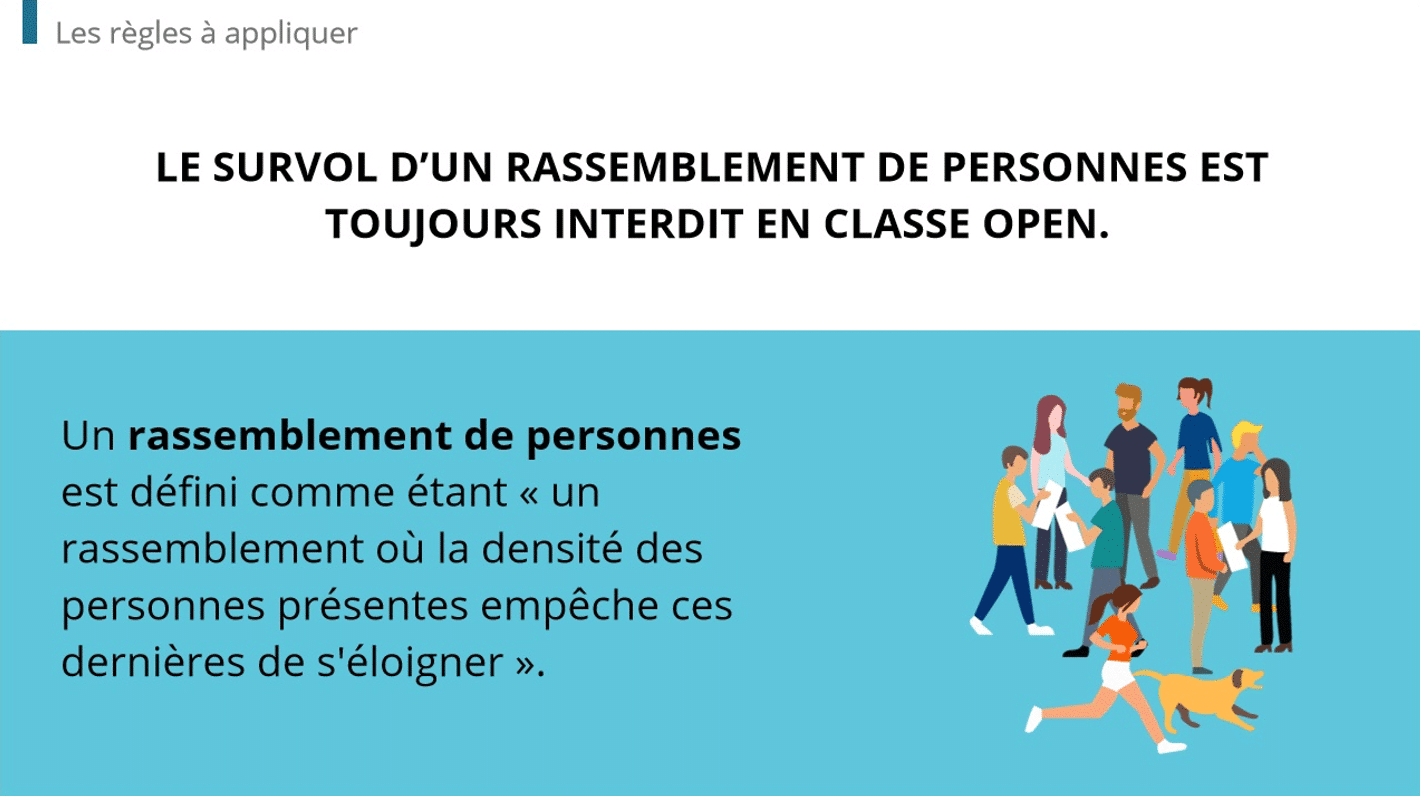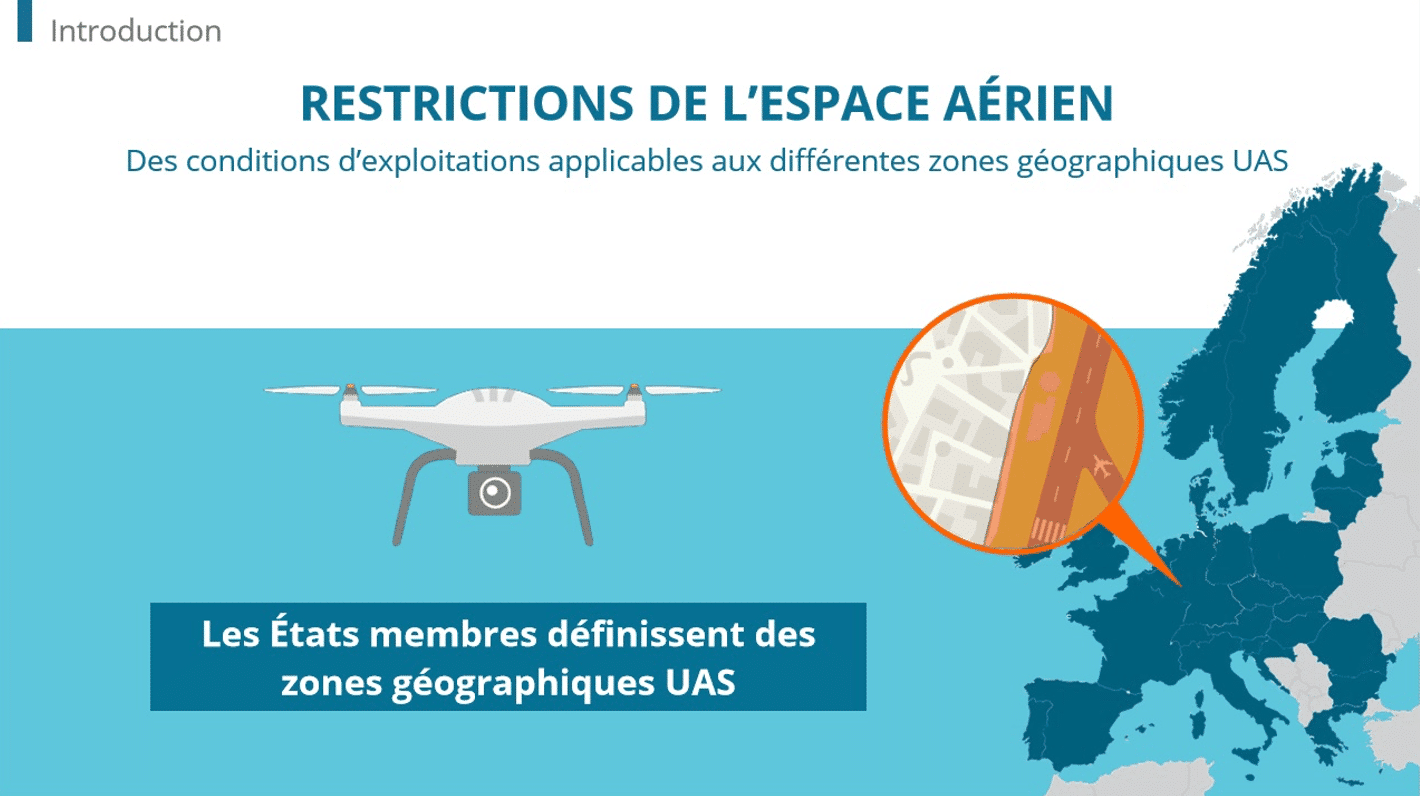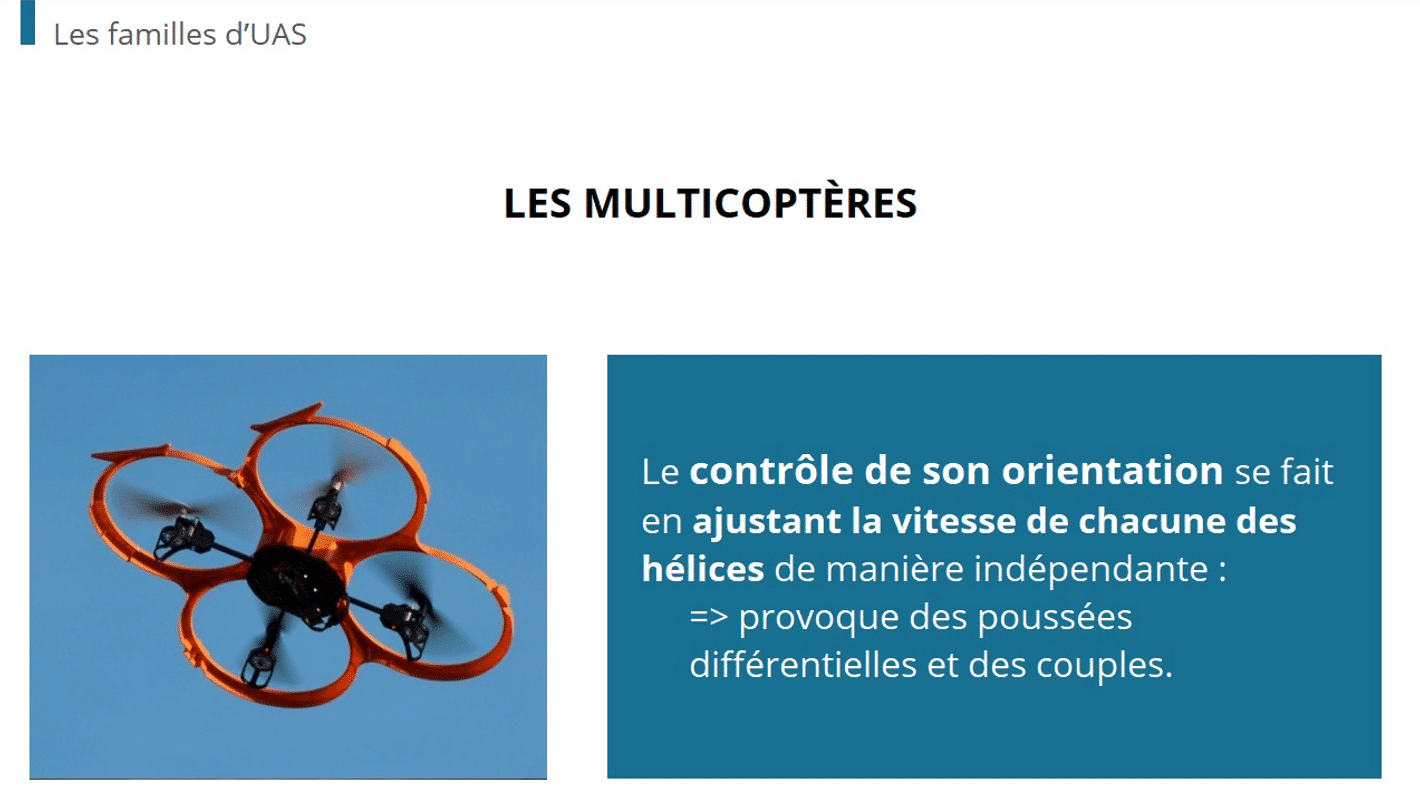The latest market research predicts that the LMS market will reach a value of $28.1 billion by the end of 2025, with adoption rates in North America of 70% from 2020. In other words, e-learning platforms have become essential to the life and growth of a company. For the pharmaceutical Industry? Even more so, especially for the delivery of clinical trial protocols, regulatory compliance, and monitoring of ongoing training. Are you a Quality Manager or HR Manager in a CRO company looking for the right LMS to meet your needs? How do you select the right LMS for your CRO to meet the regulatory requirements for staff training? Our quality experts explain further in this article.
A strategic cornerstone for CROs
A Learning management system (LMS) is an essential tool for CROs. It provides high-performance training solutions that support healthcare professionals (clinical and non-clinical). A validated LMS for CROs can guarantee regulatory compliance and streamlined training processes.
Training healthcare professionals in protocols
Healthcare professionals (HCPs) involved in clinical trials require precise protocol-specific training to ensure patient safety, accurate data collection, and compliance with trial guidelines. A validated LMS provides HCPs with interactive training modules based on real-world scenarios, as well as assessments tailored to trial-specific requirements. Flexible course designs allow you to accommodate protocol changes with real-time updates. By delivering consistent and specific training, CROs can reduce errors and improve clinical trial quality.
Equipping employees with compliance and operational skills
Maintaining compliance with regulatory requirements, such as FDA 21 CFR Part 11, EMA, and ICH GCP, requires ongoing training for your employees. A validated LMS makes it easy to create, manage, and distribute structured training programs while ensuring employees understand and comply with these standards. Automated refresher courses, certification management, and tracking keep your teams on top of evolving regulations and business objectives.
Collaboration through centralized training resources
CROs work with teams spread all over the world. So, how do you centralize and distribute the same strategic information to all employees? This is exactly the role of an LMS, which centralizes your training programs, SOPs, and compliance documents on a secure platform. Multilingual support, dedicated sub-portals, and role-specific access controls guarantee your team access to consistent, up-to-date resources. A centralized resource facilitates collaboration, standardization, and improved knowledge sharing while enabling adaption for each role.
Automating training process
Operational efficiency is crucial for CROs when managing multiple trials. An LMS automates training processes, including onboarding, certification management, and audit trail generation. The platform streamlines training workflows by integrating your existing QMS and TMF integration, ensuring all your essential documents are always audit-ready.
How to choose the best validated LMS for CRO ?
Selecting the right LMS for your CRO requires careful consideration of the platform’s capabilities and alignment with regulatory demands. Here are some features to consider:
- Compliance: The platform should be validated and support compliance with FDA 21 CFR Part 11, EMA, and GxP standards. Look for built-in tools, including audit-ready documentation, certification management, electronic signature systems, protocol training, and timestamped certification generation, ensuring you meet strict regulatory standards.
- Integration: An effective LMS should seamlessly integrate with essential systems such as TMF platforms, QMS, and clinical trial management systems.
- Analytics and reporting tools: CROs need data-driven insights to optimize training and improve clinical trial operations.
- Catalog of regulated training content: An LMS should have quick access to a rich catalog of regulated and certified training courses.
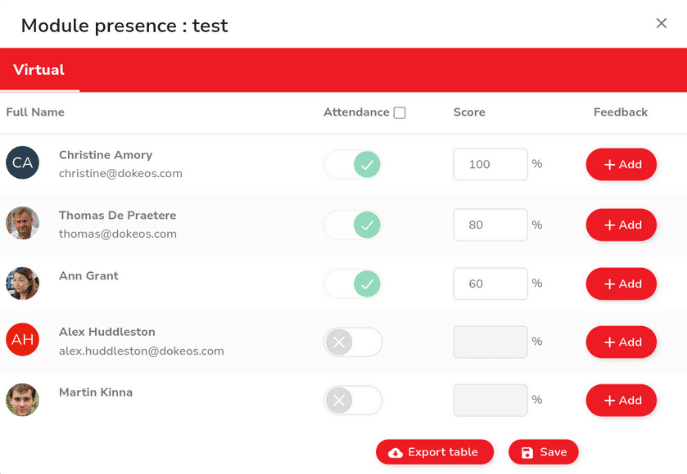
Dokeos, the validated LMS for clinical trial training and documentation
Dokeos LMS allows CROs to benefit from unrivaled expertise and comprehensive support to ensure regulatory compliance. Our integrated platform is FDA 21 CFR Part 11 compliant, enabling electronic signatures, audit trails, and comprehensive training documentation for regulatory inspections, as well as ensuring patient data privacy to comply with HIPAA.
Our platform ensures you are always ready for clinical trial success with features such as training tracking for multi-site studies, automated TMF documentation, investigator and study team qualification management, and seamless integration with clinical trial management systems. We also provide a complete validation package, including comprehensive computer system validation (CSV) documentation, installation, operation, performance qualification (IQ/OQ/PQ), validation maintenance, and change control.
Dive into clinical trials with our partner, GxP-Training, which offers an online Clinical Trials (GCP) learning path. Learners who complete the 12-hour course receive a recognized and traceable certificate that is CPD/CEU accredited and compliant with FDA 21 CFR Part 11.
Transform your CROs’ operational efficiency, training, and outcomes with Dokeos LMS. Schedule a free consultation today.
FAQs
How to choose the right validated LMS?
When choosing the right LMS for your CRO, consider the following: features and functionality, data security and confidentiality, vendor support, integration and compatibility, implementation and grip, overall accessibility, and analysis and reporting tools.








